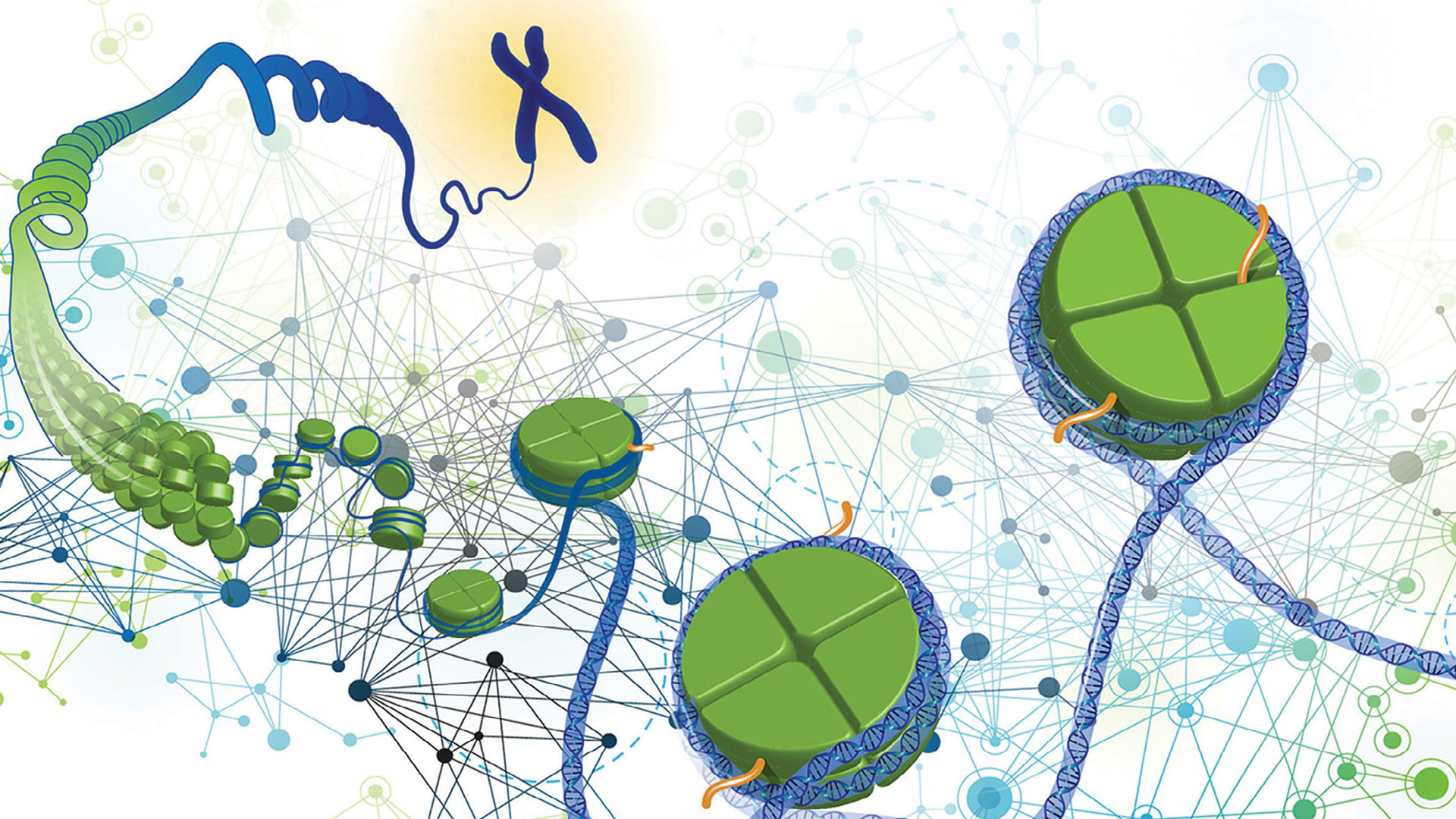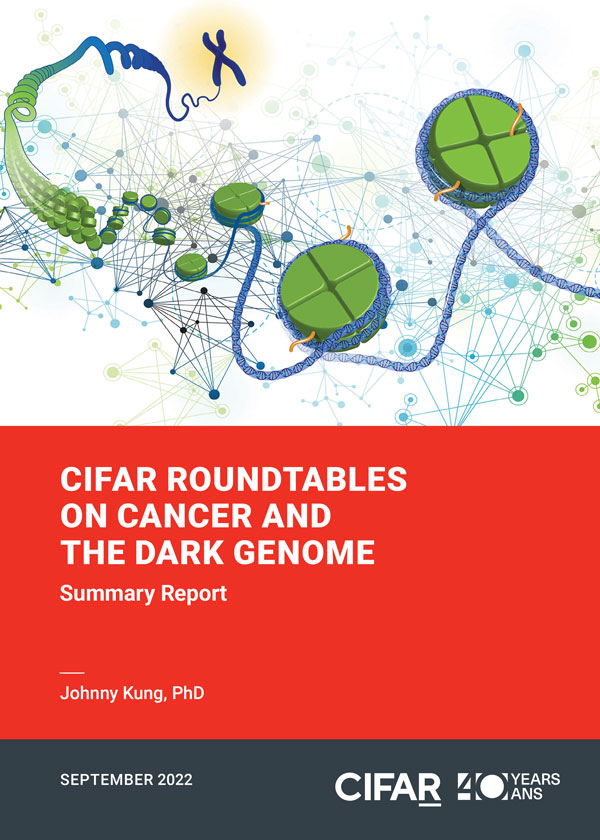By: Johnny Kung
29 Sep, 2022

Major publicly-funded collaborative projects have generated valuable resources for the entire cancer research community. These resources have allowed researchers to develop new insights into how alterations in genetic pathways could lead to cancer.
Much of these existing resources and research are focused on “coding genes”, which encode for the proteins that constitute many of the functional and structural components of our cells. However, more than 98% of our genome is “noncoding”, and this “dark matter” of the genome has been shown to have important biological functions, controlling how genes are turned on or off. What is currently lacking is a comprehensive repository of all the different types of noncoding elements relevant to cancer, and more importantly, a systematic effort to understand the functional significance of genetic changes in the noncoding genome for cancer development.
On November 3, 2021, CIFAR organized a roundtable of international experts in the biology of the noncoding genome and cancer biology, as well as leaders of “Big Biology” programs. A broad consensus emerged that the field would be considerably advanced by the development of shared resources such as databases and new research tools and techniques. On April 26, 2022, a second roundtable was convened to discuss the potential scientific priorities and governance structure for a project to build these shared resources.
This report provides a brief introduction to the biology of the dark genome and highlights key insights that emerged from these two roundtables, including promising next steps for progress in this area.
This series of roundtables was made possible by the generous support of the MacMillan Family Foundation.

For more information, contact
Johnny Kung Senior Officer, Knowledge Mobilization and Publications, CIFAR